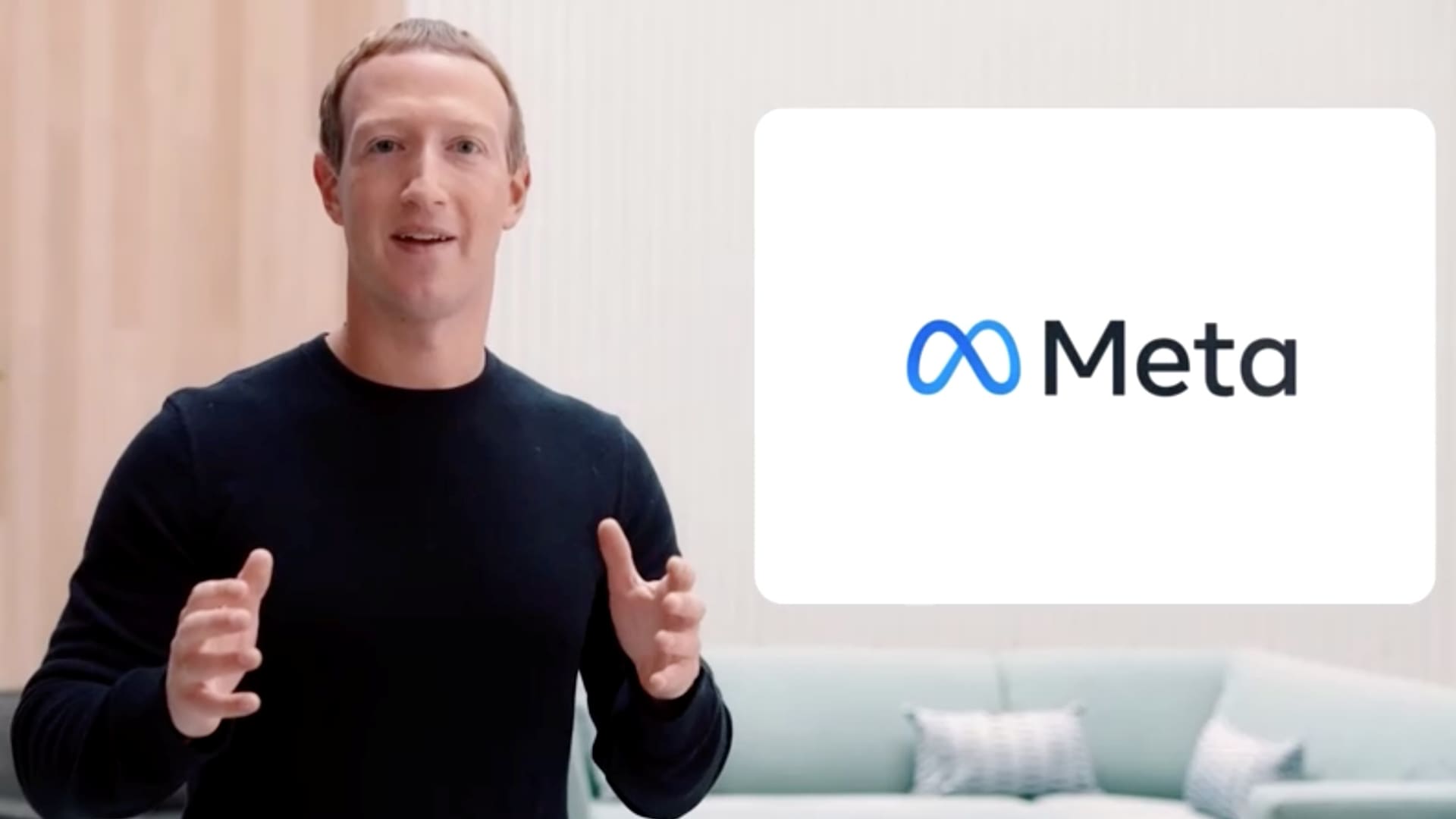In October 2021, Mark Zuckerberg announced the rebranding of Facebook to Meta as the company advances its goals in the metaverse. This move reflects Meta’s commitment to innovation and technological progress.
As part of its efforts to prioritize user privacy and data protection, Facebook (now Meta) has introduced a new feature that allows users to delete specific personal information utilized by the company for training generative AI models. Meta recently updated its help center resource section on its website, adding a form titled “Generative AI Data Subject Rights.” This form enables users to submit requests regarding the usage of their third-party information for generative AI model training.
The addition of this opt-out tool by Meta aligns with the growing prominence of generative AI technology across the tech industry. With companies developing advanced chatbots and transforming basic text into sophisticated responses and images, Meta seeks to empower individuals by providing them with the option to access, modify, or delete any personal data included in third-party data sources utilized for training its language and AI models.
In the form, Meta defines third-party information as data that is publicly available on the internet or obtained through licensing agreements. This type of data represents a portion of the vast amount of information used to train generative AI models, which leverage predictions and patterns to generate new content.
In a blog post detailing its utilization of data for generative AI, Meta explains that it collects public information from the web and also licenses data from other providers. This includes personal information found in blog posts, such as names and contact details.
It is important to note that the form does not address user activity on Facebook-owned platforms, such as public comments on Facebook or Instagram. CNBC has reached out to Meta for clarification regarding the use of first-party information in the training of its generative AI models, but the company has yet to respond.
Meta, alongside other tech giants like Microsoft, OpenAI, and Alphabet, gathers substantial amounts of third-party data to train its models and AI software. The acquisition of this data from publicly available sources and licensed agreements is vital for training effective models that drive advancements in AI. Meta emphasizes its commitment to transparency by openly discussing the legal bases for processing this information.
However, some privacy advocates have raised concerns about the practice of aggregating vast amounts of publicly available information for AI training. A consortium of data protection agencies issued a joint statement to Meta, Alphabet, TikTok parent ByteDance, X (formerly known as Twitter), Microsoft, and others, urging them to safeguard personal information accessible on their platforms from data scraping. The statement emphasizes the need for compliance with global data protection and privacy laws.
To address these concerns and promote user privacy, Meta has provided steps for users to delete their Facebook data used in training generative AI models:
1. Visit Meta’s privacy policy page on generative AI and access the “Generative AI Data Subject Rights” form.
2. Click the link labeled “Learn more and submit requests here.”
3. Choose from the three options that best describe your issue or objection.
The first option allows users to access, download, or correct personal information acquired from third-party sources and used for training generative AI models. The second option enables the deletion of personal information obtained from third-party data sources utilized in training. The third option is for users with different concerns.
After selecting an option, users will need to pass a security check test. It’s worth noting that some users have reported difficulties completing the form due to what seems to be a software bug.
In conclusion, Meta’s introduction of the opt-out tool and its dedication to addressing user privacy concerns demonstrate the company’s commitment to responsible data usage and user empowerment. By providing users with the means to control their personal information utilized in generative AI training, Meta aims to foster trust and transparency within its platform.
Denial of responsibility! VigourTimes is an automatic aggregator of Global media. In each content, the hyperlink to the primary source is specified. All trademarks belong to their rightful owners, and all materials to their authors. For any complaint, please reach us at – [email protected]. We will take necessary action within 24 hours.


